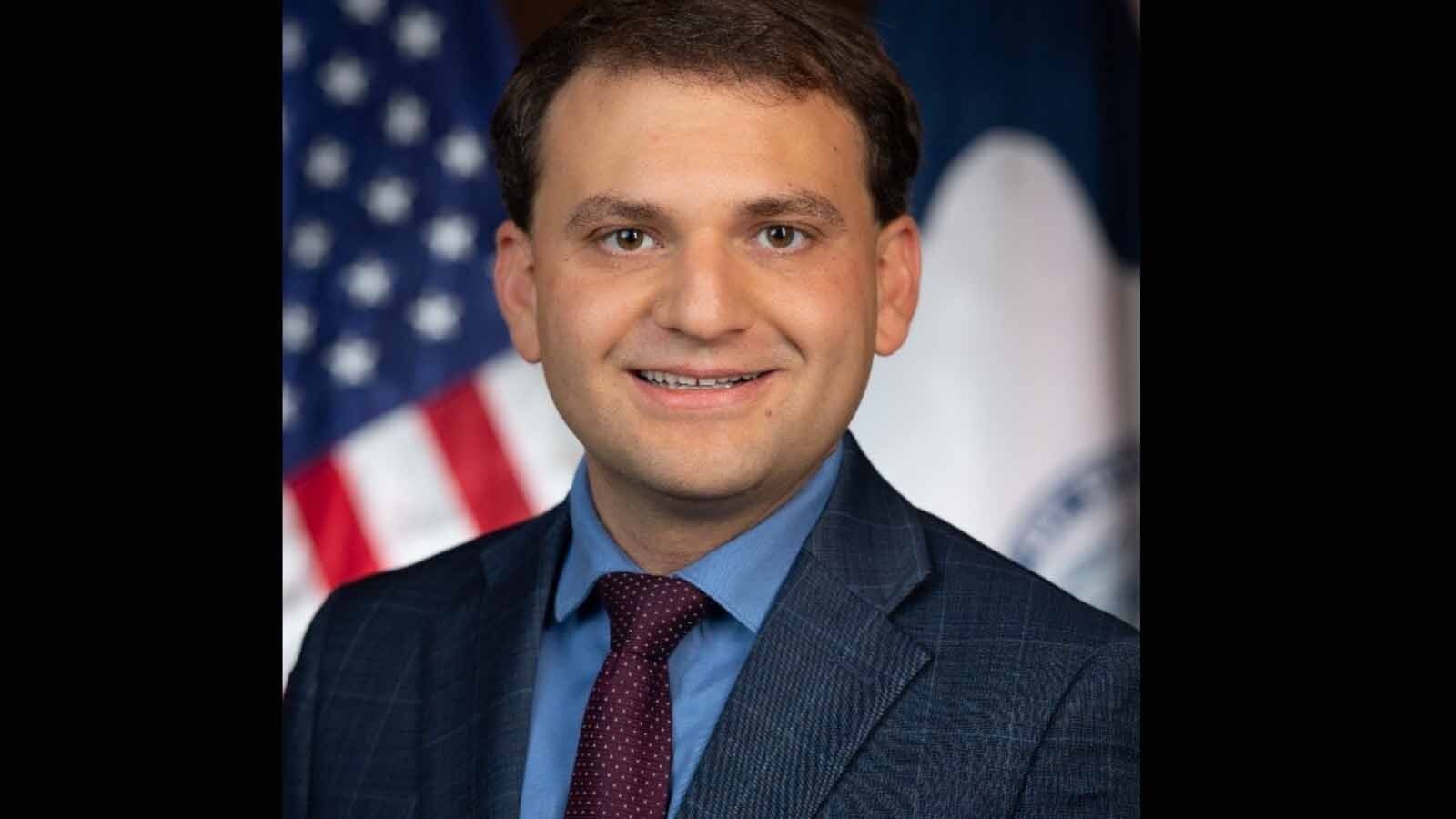By Gail Symons, member of the Transparency Working Group, special column to Cowboy State Daily
While it is easy to “want what I want when I want it,” the challenges of government transparency are much more complex than simply asking for data and receiving it immediately.
It was an early morning meeting the second week of the 2019 Wyoming Legislative Session. The newly installed Governor Gordon and Auditor Racines brought to order the first meeting of the Transparency Working Group to a packed room in the Jonah Building. On the phone was the CEO of OpenTheBooks, an organization that had brought suit against the previous Auditor for failure to produce five years of state spending data and vendor files. A Wyoming based group, Equality State Taxpayers Association, joined in that suit. After being provided an opportunity to air their grievances and expectations, the CEO threatened to add Auditor Racines to the suit if the requested data was not produced in 30 days.
In September 2018, then candidates Governor Mark Gordon and Auditor Kristi Racines announced the Transparency Working Group to explore means to improve financial and operational transparency in Wyoming government. The Working Group includes Sen Cale Case (R-Lander), Rep Tom Walters (R-Casper), Cheyenne attorney John Masters, Sheridan Press Publisher Kristen Czaban and myself, a civics wonk with 30 years’ experience in data-based process improvement. Governor Gordon and Auditor Racines serve as co-chairs and are supported by policy advisor Renny MacKay.
Fast forward to the end of February and the close of the Wyoming Legislative Session. The Auditor’s office had released the remaining spending records, refunded the $8,000 paid by the two groups and the suit had been dropped. For the first month in office, the Auditor’s team had concentrated on completing the manual scrubbing of the records.
During this same session, the Joint Corporations Committee had introduced SF0057 Public Records with short time frames for response and felony penalties. After a committee meeting where it became clear that the impact on state agencies and their ability to comply had not been considered, an unusual working committee meeting was held.
With input from advocacy groups, private citizens, state agencies and special districts, a substitute bill was crafted and subsequently passed. This removed the felony provisions, eased the time restrictions, required a public records person to be designated in each entity and created an Ombudsman position in the Governor’s Office. The Ombudsman role is to serve as a mediator between requestors and government entities.
Fast forward again to mid-July. The State Auditor has rolled out an online state checkbook developed in-house by the office’s IT individuals. The checkbook can be found at www.WyOpen.gov. This is static data that has filters and scrubbing applied to state financial data extracts to comply with privacy and other statutory protections. The Auditor is encouraging use of the site and feedback to increase usability.
Also this summer, Interim Topic priority # 2 for the Joint Judiciary Committee has advanced. That is a two-year study on public records and public meetings statutes to modernize in light of changes to law, technology and promote realistic transparency. For 2019, the committee is reviewing the public records law to expand and improve on the work started with SF0057.
The Legislative Service Office has provided a summary of the current Wyoming Public Records Act including the wide range of exceptions to disclosure. That report cabe be found online here. To understand the financial and operational impact of records requests, a survey across all entities was conducted on the volume of requests, elapsed time to comply and costs in applied times. The results are available here.
The next Joint Interim Judiciary Committee meeting is scheduled at Casper College, Room EI 100 on August 15th and 16th 2019.
This past week, five candidates are being interviewed for the Ombudsman position by members of the Working Group and the Governor’s staff. In addition to providing mediation, the individual will receive complaints, establish timelines for release of records and may waive fees charged by an entity. Given the certainty that a new bill will be introduced by the Interim Judiciary and the uncertainty on exactly what are the exceptions to disclosure and how to apply them, the Ombudsman is expected to also provide policy and guidance.
On June 4th, 2019, Governor Gordon issued a letter to the state Elected Officials and Directors providing guidance on budget preparation for the 2021 -2022 Biennium. In addition to expecting this to be a true biennial budget, meaning it will last for two years rather than be amended after one year, he emphasized his commitment to transparency with the requirement for having the budget be more readily understood by the public. New this year is a State of the Agency covering all aspects of the operations and tie directly to the budget request. This letter, agency budget instructions and a budget request strawman can be found on the Budget Office website at https://ai.wyo.gov/divisions/budget.
There is significant truth to the saying, “if it was easy, it would already be done.” Great strides have been made in reconciling perceptions of transparency (or lack thereof) with statutory, organizational, systemic and human realities. In a very short period of time, groundwork has been laid to establish improved capabilities at all levels of state and local government with consistent processes and policies.
The real success of these collaborative efforts will be tested in the upcoming 2020 legislative budget session.





